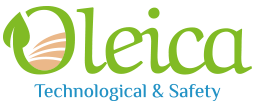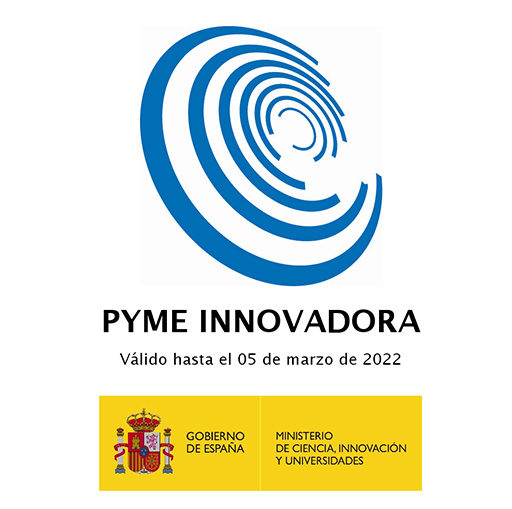OleicaSentinel
OleicaSentinel
Based on our researchers’ many years of scientific expertise, we have developed scientific procedures and mathematical models to help companies design customised documentation, quality and safety management systems for their products. This allows us to guarantee the launch of a quality and safe product for sale, as we analyse both the raw materials and the different stages of the production process. We invite all olive professionals to participate in this new approach to the production model, which will help them to modernise, access ICT technologies, grow and differentiate themselves from their competitors.
Oleica seeks to provide a response to industry demand for quantitative microbiological risk management systems by adopting preventive approaches in line with those being implemented in other European countries, as well as in the USA.
The Oleica team develops user-friendly, intuitive computer applications for the study of the table olive production process. They implement mathematical models that offer multiple possibilities and help companies to have a quantitative assessment of quality, food risk and document management.
If you want more information about the scientific procedure and the journal in which it has been published, click on the following link: Frontiers Microbiol 2017. Vol 8. Art 2326.
What can these IT services offer the table olive sector?
- They determine the percentage of compliance of a production batch on the basis of different hygiene and sanitary regulations.
- They provide knowledge about the influence of each stage of the production process on the hygiene and safety of the final product.
- They establish microbiological criteria for the acceptance or rejection of batches (process control and verification).
- They allow traceability of processes and products.
- They give uniformity to the document management within the self-monitoring system.
- They allow the calculation of physico-chemical concentrations at equilibrium.
These IT services can be tailored to the potential needs of customers in relation to the characteristics of their process and/or product and taking into account each of the processing steps and the factors associated with them.
Finally, it should be noted that the ICT applications developed have an intuitive data entry system, allowing real-time feedback on the hygienic conditions of the process and product safety. The results obtained can be stored securely, allowing users access to the documentation and account history whenever necessary.
The OleicaSentinel System provides companies with an integrated platform that supports compliance with quality regulations and predicts the degree of compliance with hygiene and sanitary conditions. Its development is aimed at improving food quality and safety, enabling the company to continuously monitor all variables that influence the production process in real time. This system is composed of four innovative modules: the OnGuard alert system, the Module for Expert Data Analysis (MAED), theISO manager system and the PRP`S manager system.
OnGuard Alert System
Inference engine for tracking data and information that allows real-time display of process alerts and notifications.
Module for Expert Data Analysis (MAED)
Based on technology from the Spanish National Research Council (CSIC) and the University of Cordoba, using mathematical models that allow predictions to be made about the degree of hygienic-sanitary compliance of the process in order to improve food quality and safety.
ISO system manager
Implementation of the UNE-EN ISO 22000 standard, which specifies the requirements to be met by a food safety management system.
PRP`S manager system
Enables computerised implementation of the General Hygiene Plans and pre-requisite programmes to be developed in all food companies to achieve food safety through operational process hygiene procedures.


